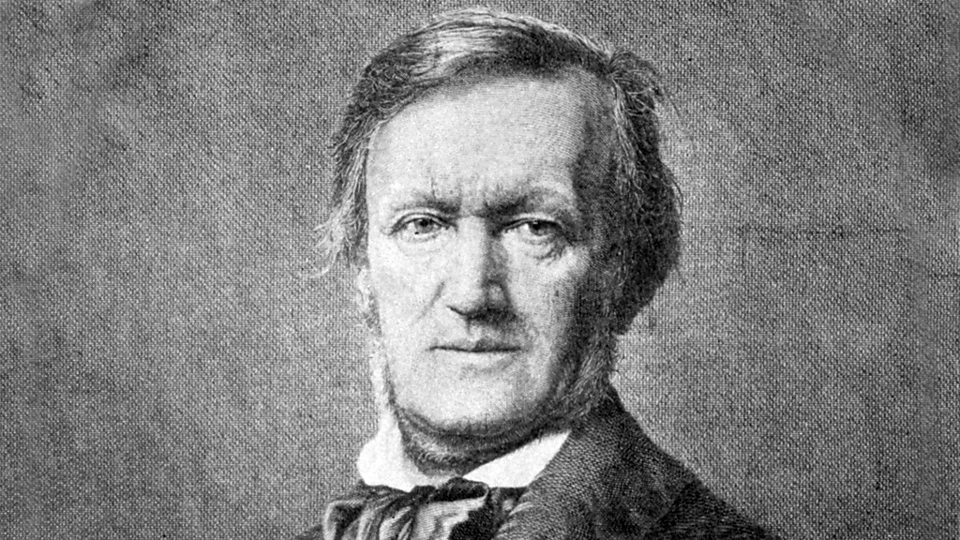This passed Fall, The New York Times Book Review published a review by composer John Adams of a new book on Gnostic Saint Richard Wagner Wagnerism by Alex Ross. There’s a lot of things people have said about Wagner that we’re all well acquainted with. One thing that’s a bit underplayed is the extraordinary impact that the productions of his operas at his custom-built facility at Bayreuth, outfitted with cutting edge technology had on audiences. By the accounts of figures like Josephin Peladan and Claude deBussy, they were nothing short of gnostic initiations that left fans enlightened and energized – for better or worse. Here’s an interesting excerpt from the review:
“Why can we speak of Wagnerism but not of ‘Beethovenism’ or ‘Bachism’? The reason is that in the case of Wagner the constellation of ideas, images and themes that inform his art ranges far beyond the musical, and it is always employed in the service of myth. What Ross terms Wagner’s ‘manipulation of myth’ enabled him to arouse in the collective unconscious reactions that no individual art form alone could stimulate. ‘The incomparable thing about myth is that it is always true,’ Wagner wrote in one of his speculative essays on music and drama, ‘and its content, through utmost compression, is inexhaustible for all time.’ His genius was to tap our mythological subconscious in a manner that for each of us is ‘always true’ and yet different for the next person. ‘The behemoth whispers a different secret in each listener’s ear,’ Ross so wryly but perfectly sums up the ‘near-infinite malleability’ of his art and the ‘interpretive pandemonium’ over what exactly these operas mean.”
Crowley was clearly acquainted with Wagner ergo his inclusion in the role call of Phallic Saints in Liber XV. One might consider that the multi-media presentations of the Rites of Eleusis were influenced by the production values on display at Bayreuth – in London scaled way, way, WAY down. This concept that myth is always true but true in different ways to each individual also appears in The Prophet’s use of figures from ancient Egyptian religion to convey concepts that transcended the literal being and narratives of these figures.
Read the whole review:
https://www.nytimes.com/2020/09/16/books/review/wagnerism-alex-ross.html.


